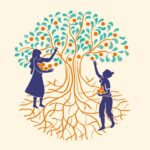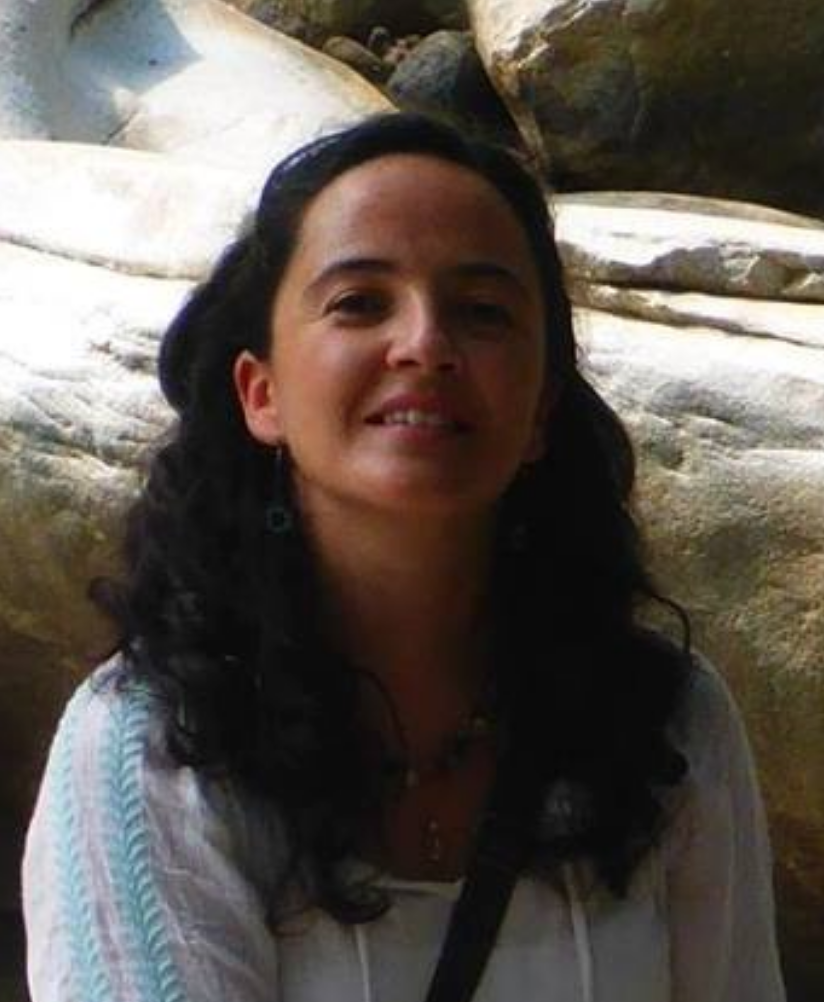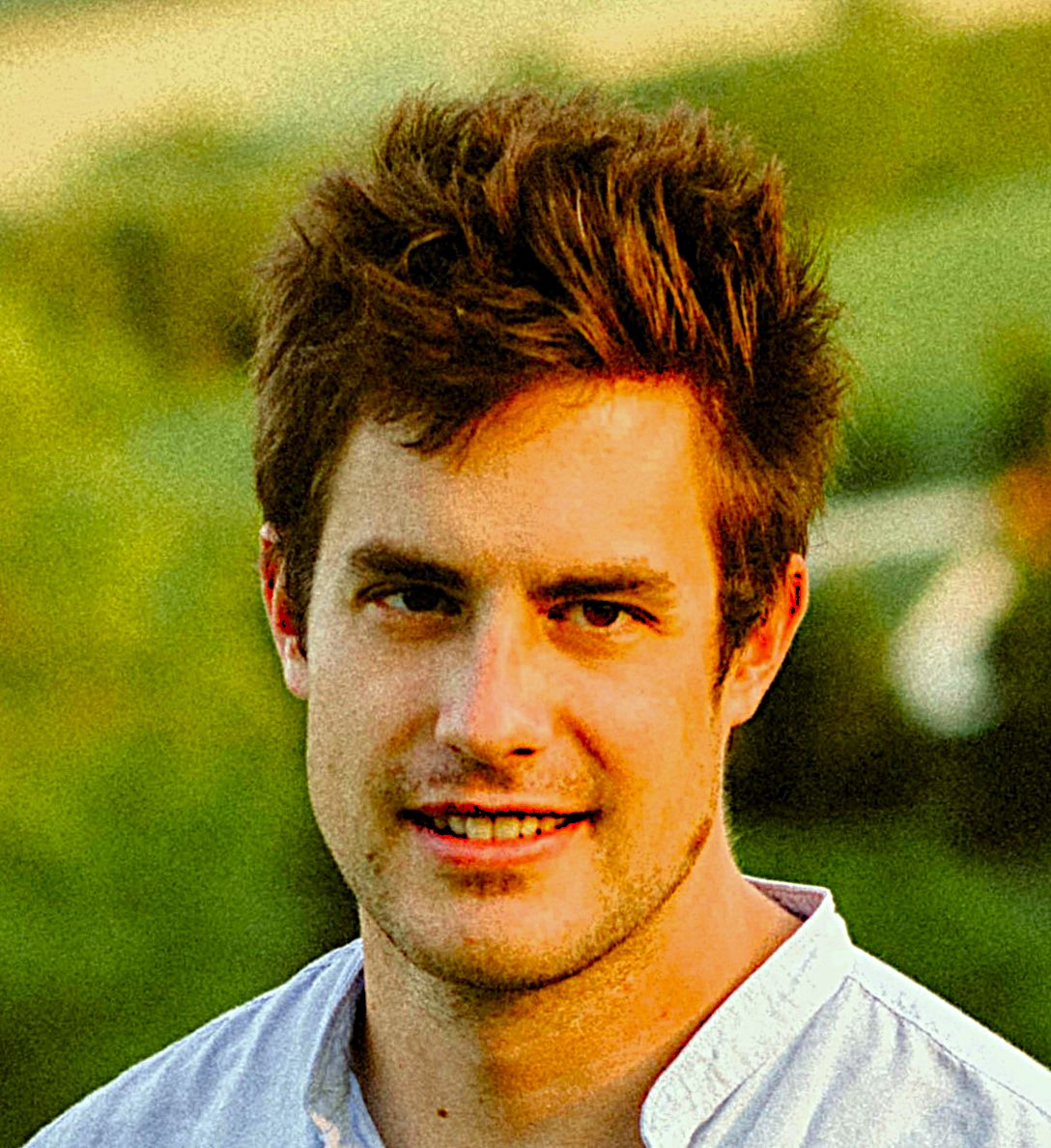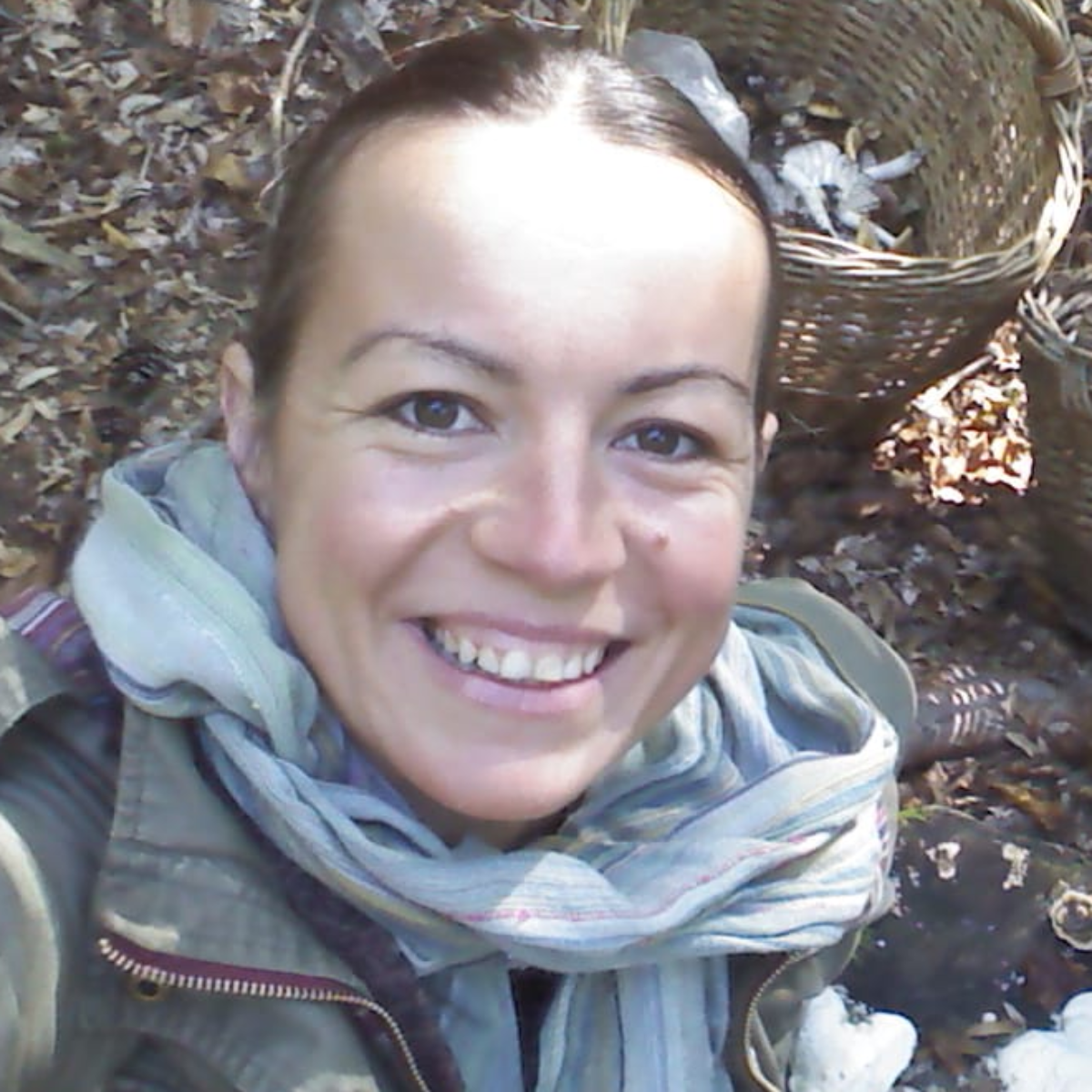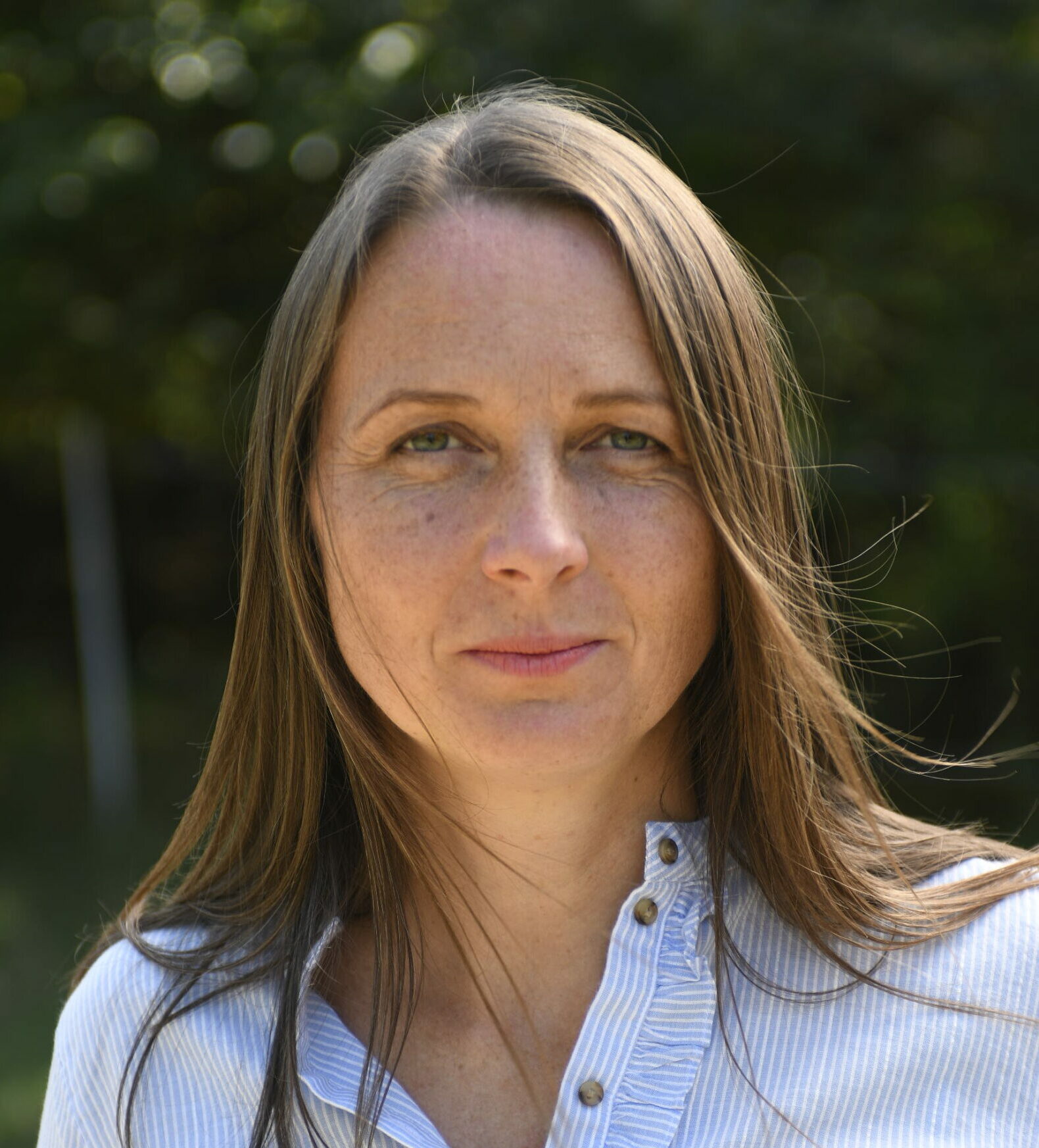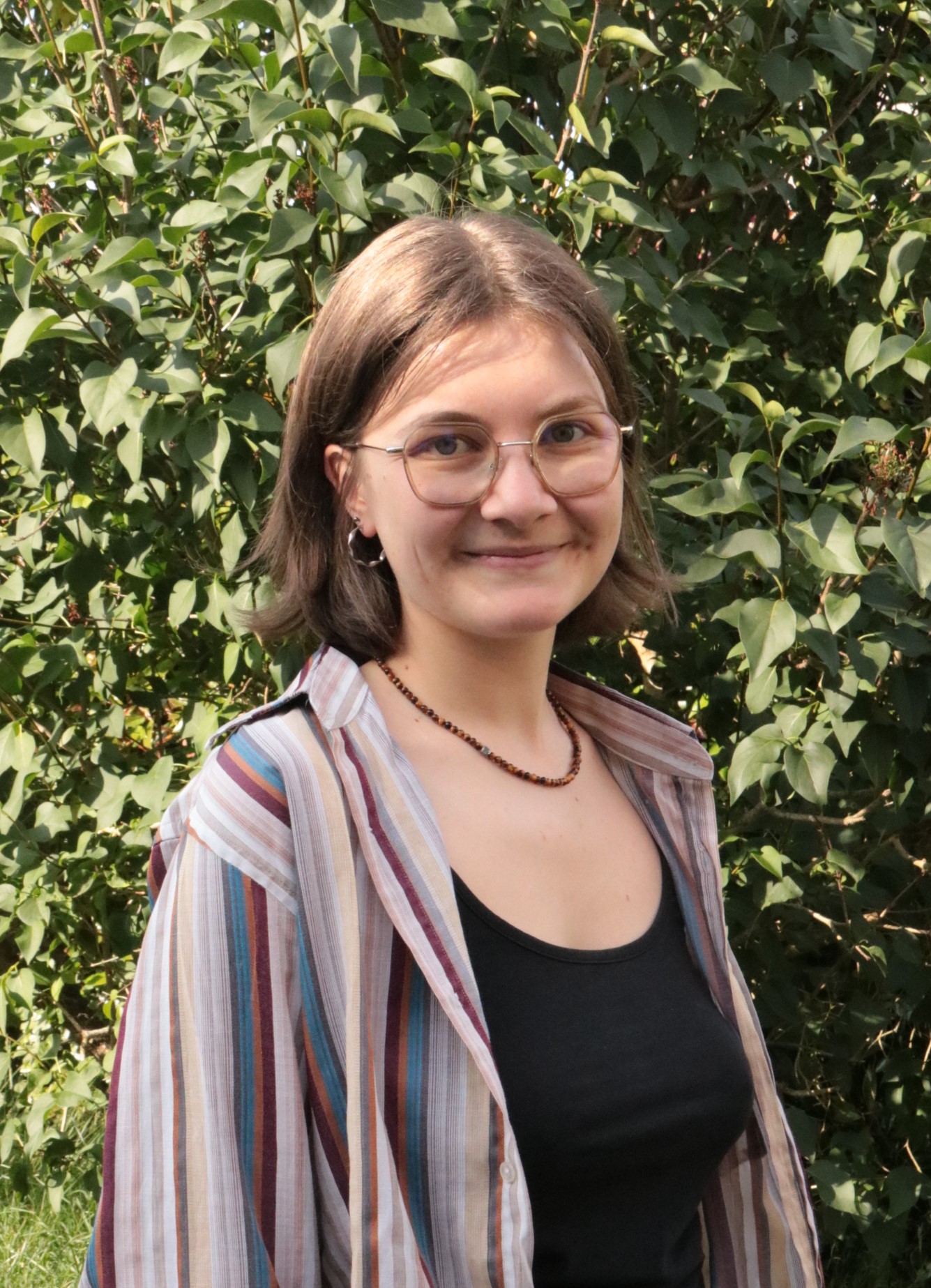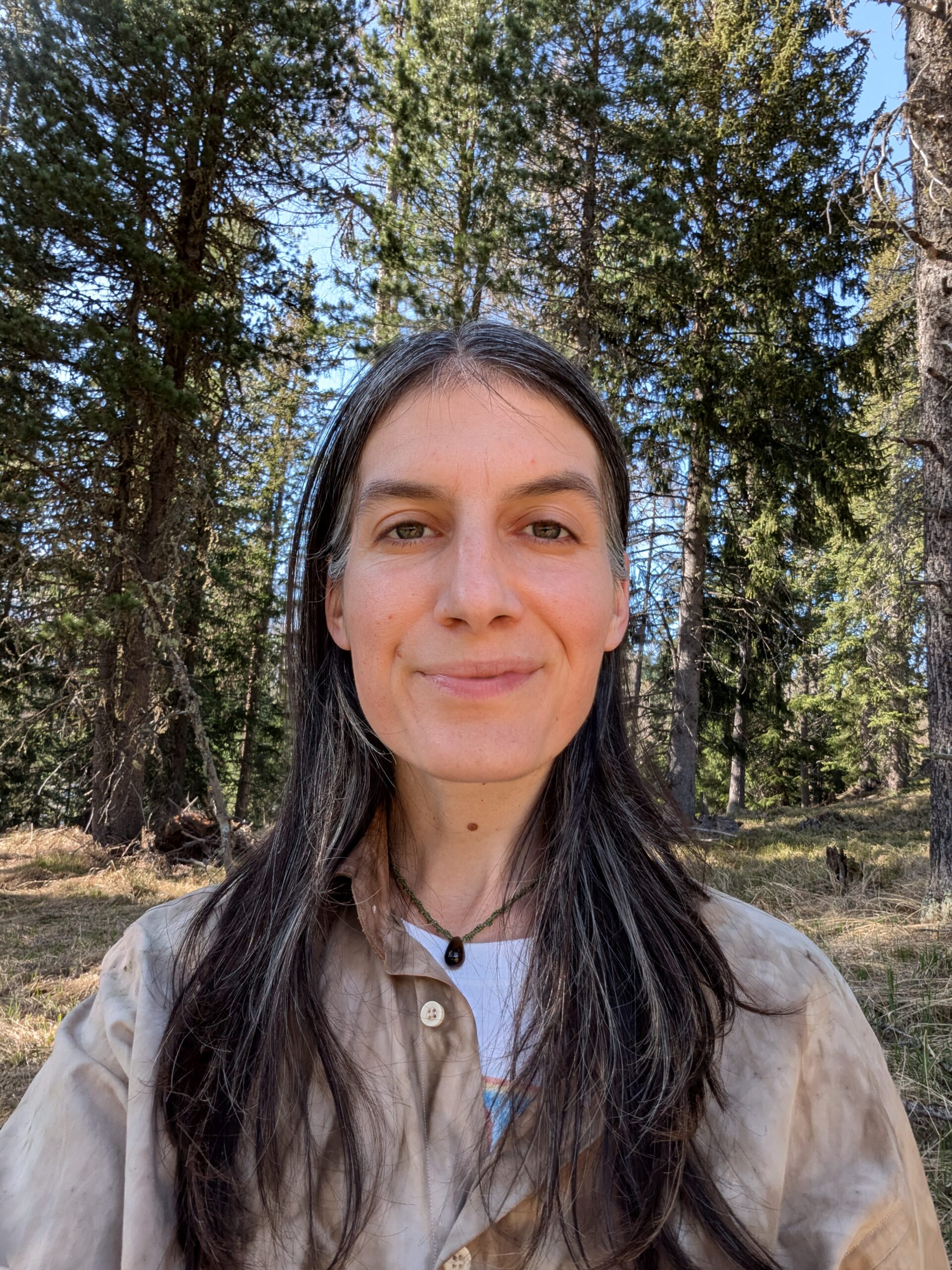
Jelena Božić
Certified permaculture designer and founder of the Mamin Gaj collective. Completed Geoff Lawton’s online PDC and later joined as an assistant teacher. Gained hands-on experience at Terra Alta educational farm in Portugal, focusing on practical methods that blend nature with social innovation. Currently studying to become a permaculture teacher, with a strong belief that a clear vision is the foundation of a sustainable future.
Workshop title
Do Your Own Design
In this interactive workshop, we’ll explore the core of the Design Web as a tool for creating regenerative projects, whether it’s a garden, a business, or a lifestyle shift. Through guided exercises, you’ll define your project, uncover key elements, and map out clear, actionable steps. Using a DIY Design Guide, you’ll leave with a personalized outline and a flexible roadmap rooted in permaculture principles, ready to turn your ideas into reality.


